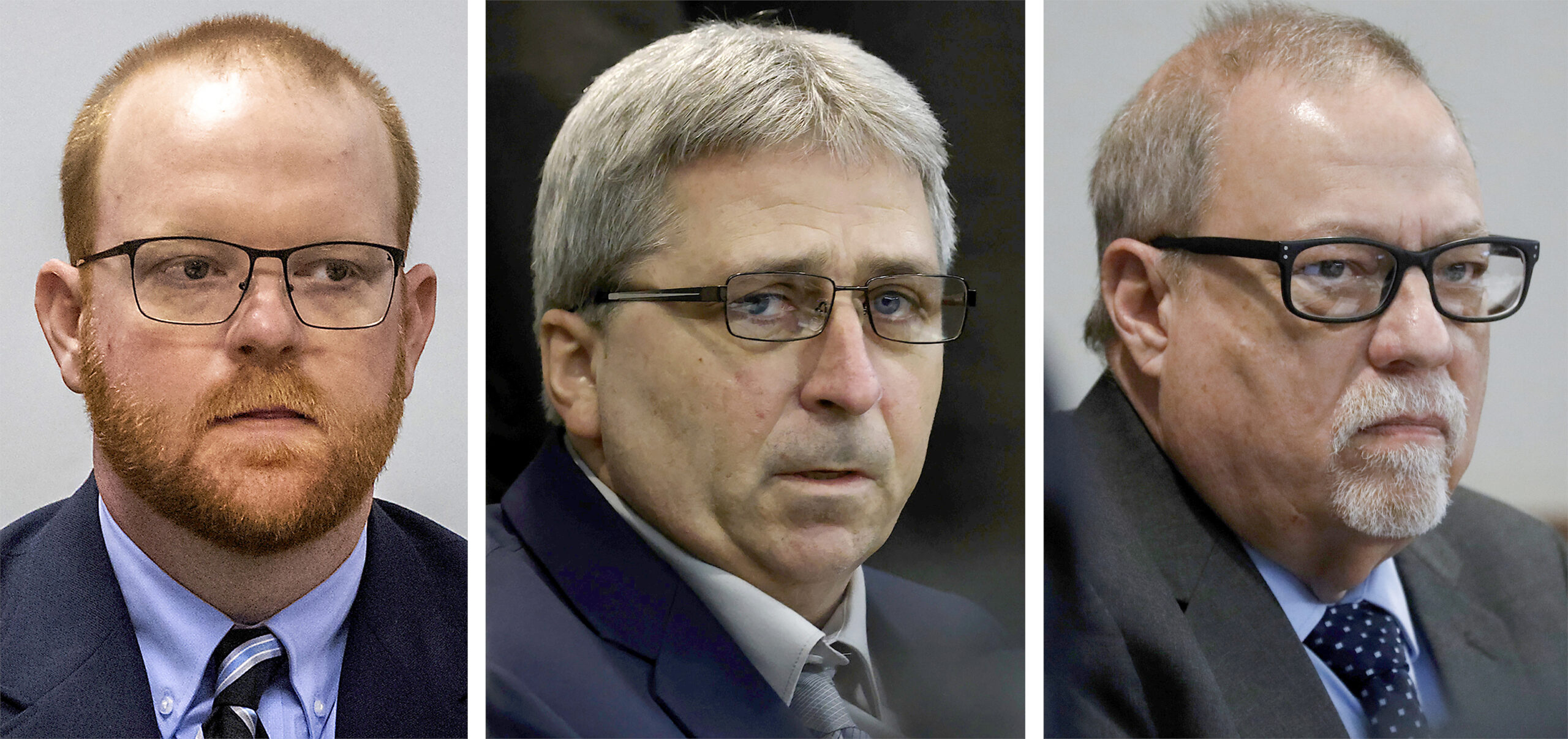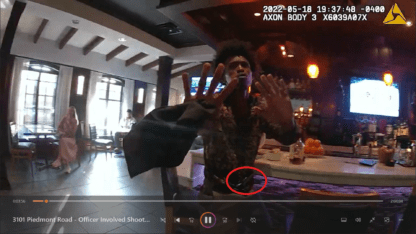Local First Responders Prepare For Potential Ebola Cases
The Atlanta City Council passed a resolution this week calling for city department heads to develop action plans for Ebola and other contagious diseases. Local first responders are also gearing up to handle the deadly viral disease if it’s diagnosed here in Georgia.
Marietta Police detective Christopher Lindsey unwraps booties, a mask and other medical protective equipment from a plastic kit. Then he holds up a white medical jumpsuit.
“This is a head to toe zippered suit with a hood on it. It fits fairly snug.”
The suits are designed to prevent officers from contracting tuberculosis, HIV or other contagious medical conditions. Lindsey says his police department purchased them this summer before the diagnosis of the first Ebola case in the U.S. But as more attention turns to the deadly virus, Lindsey is glad the department has them.
“It’s nice to know that if we get a call right now, we can go and we can handle that situation where someone may have Ebola and still be able to get the job done safely and securely.”
That of course is the main concern at hospitals.
Last week, Georgia Public Health Commissioner Brenda Fitzgerald spoke about what’s been done to get medical workers ready for potential Ebola patients.
“The EMTs, the primary responders, we’ve given laminated cards with exactly what to do. To the hospitals, we’ve have a checklist we’ve sent out from the American Hospital Association on what to do day after day after day.”
Public health officials have also passed down guidelines to some places you might not expect.
“It is recommended that we do not embalm, we either cremate or bury,” said A.S. Turner and Sons funeral director Ernie Moser.
Moser said those are just some of the guidelines funeral homes would follow if there was an Ebola death in Georgia.
“We have what we call disaster pouches that we put a contagious case in that we would double bag and disinfect the outside of the bags.”
There have been no Ebola deaths in the U.S. But in West Africa, health experts believe the disease has spread rapidly due to burial practices that involve kissing and touching dead bodies.
9(MDAxODM0MDY4MDEyMTY4NDA3MzI3YjkzMw004))








